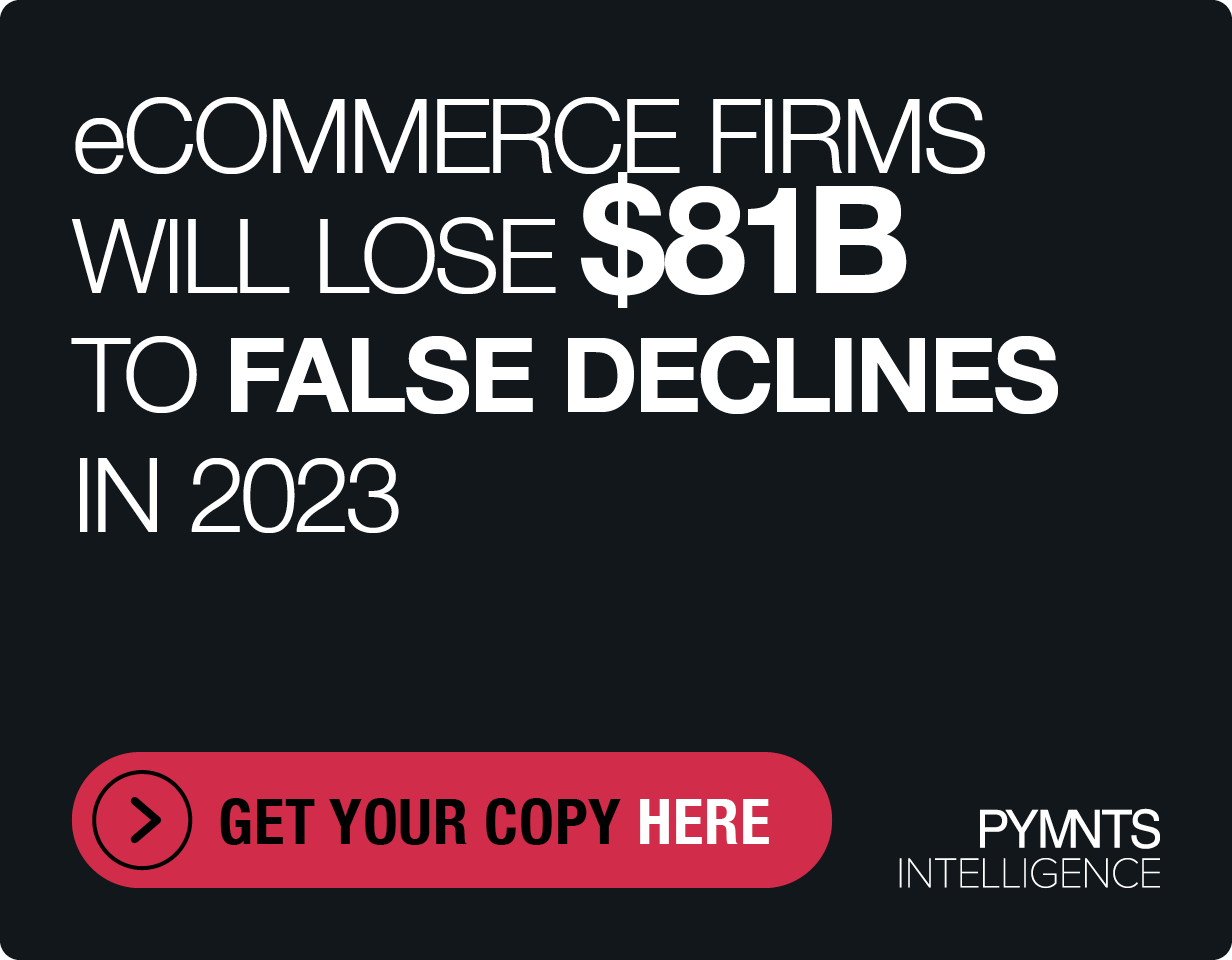Consumers More Optimistic, Looking To Post-COVID

U.S. consumers, the driving force behind two-thirds of gross domestic product (GDP), say they are beginning to feel better about the current and foreseeable economic picture, the University of Michigan reported in its closely watched Index of Consumer Sentiment.
The improvement in sentiment coincided with the end of the U.S. presidential election and the first signs of tangible hope — the release of positive vaccine-trial results — in the battle against the COVID-19 pandemic.
“Consumer sentiment posted a surprising increase in early December due to a partisan shift in economic prospects,” Richard Curtin, chief economist for the university’s Surveys of Consumers, said in a prepared statement. “Following (President-elect Joe) Biden’s election, Democrats became much more optimistic, and Republicans much more pessimistic, the opposite of the partisan shift that occurred when (President Donald) Trump was elected.”
The overall “Index of Consumer Sentiment” for December was up 5.9 percent from November and down 18 percent from December 2019, according to data released as part of the public posting of the survey results.
A related data point, consumers’ sense of the current state of economic conditions for December, was up 5.5 percent compared to November and down 20.5 percent compared to December 2019. As for their expectations for the economy’s future, the share of December survey respondents who expressed positive sentiment was up 6 percent compared to the November figure and down 16 percent from the year-earlier month.
Explaining the effect of political affiliation on sense of economic well-being, Curtin said: “In the five months from August to December, the Expectations Index among Democrats rose by 39.5 points, and fell among Republicans by 34.9 points. As has been documented in the past four years, self-identified Independents adopted more balanced views, maintaining their economic expectations in December at the same unfavorable levels as when the COVID crisis began nine months ago.”
Curtin added that it is “nonetheless surprising that the recent resurgence in COVID infections and deaths was overwhelmed by partisanship.”
